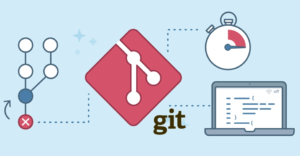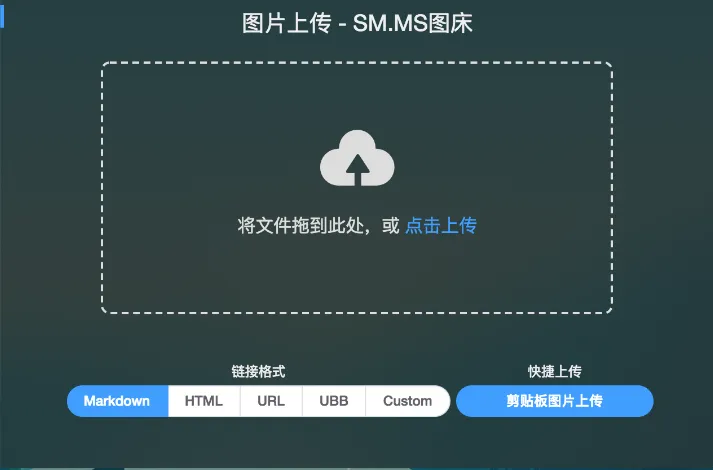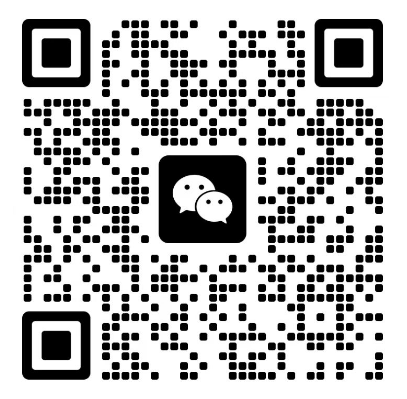在 C 语言的编程世界中,字符与字符串函数起着至关重要的作用。它们为程序员提供了强大的工具,用于处理文本数据、进行输入输出操作以及实现各种复杂的算法。本文将详细介绍 C 语言中的字符与字符串函数,帮助你更好地掌握这一重要的编程领域。
![图片[1]-《C 语言字符与字符串函数全解析,开启高效编程之旅》-连界优站](http://www.6x66.cn/wp-content/uploads/2024/10/image-183.png)
一、字符函数
isalpha()函数- 功能:判断一个字符是否为字母。
- 用法:
int isalpha(int c),其中c是要判断的字符。如果c是字母,则返回非零值;否则返回零。 - 示例:
#include <stdio.h>
#include <ctype.h>
int main() {
char ch = 'A';
if (isalpha(ch)) {
printf("%c 是字母。\n", ch);
} else {
printf("%c 不是字母。\n", ch);
}
return 0;
}
isdigit()函数- 功能:判断一个字符是否为数字。
- 用法:
int isdigit(int c),其中c是要判断的字符。如果c是数字,则返回非零值;否则返回零。 - 示例:
#include <stdio.h>
#include <ctype.h>
int main() {
char ch = '5';
if (isdigit(ch)) {
printf("%c 是数字。\n", ch);
} else {
printf("%c 不是数字。\n", ch);
}
return 0;
}
isalnum()函数- 功能:判断一个字符是否为字母或数字。
- 用法:
int isalnum(int c),其中c是要判断的字符。如果c是字母或数字,则返回非零值;否则返回零。 - 示例:
#include <stdio.h>
#include <ctype.h>
int main() {
char ch = 'A';
if (isalnum(ch)) {
printf("%c 是字母或数字。\n", ch);
} else {
printf("%c 不是字母或数字。\n", ch);
}
return 0;
}
二、字符串函数
strlen()函数- 功能:计算字符串的长度。
- 用法:
size_t strlen(const char *s),其中s是要计算长度的字符串。函数返回字符串s的长度,不包括字符串结束符'\0'。 - 示例:
#include <stdio.h>
#include <string.h>
int main() {
char str[] = "Hello, world!";
size_t len = strlen(str);
printf("字符串长度为:%zu\n", len);
return 0;
}
strcpy()函数- 功能:将一个字符串复制到另一个字符串中。
- 用法:
char *strcpy(char *dest, const char *src),其中dest是目标字符串,src是源字符串。函数将src指向的字符串复制到dest指向的字符串中,并返回dest。 - 示例:
#include <stdio.h>
#include <string.h>
int main() {
char src[] = "Hello";
char dest[10];
strcpy(dest, src);
printf("复制后的字符串为:%s\n", dest);
return 0;
}
strcat()函数- 功能:将一个字符串连接到另一个字符串的末尾。
- 用法:
char *strcat(char *dest, const char *src),其中dest是目标字符串,src是要连接的字符串。函数将src指向的字符串连接到dest指向的字符串的末尾,并返回dest。 - 示例:
#include <stdio.h>
#include <string.h>
int main() {
char str1[] = "Hello, ";
char str2[] = "world!";
strcat(str1, str2);
printf("连接后的字符串为:%s\n", str1);
return 0;
}
三、字符串比较函数
strcmp()函数- 功能:比较两个字符串的大小。
- 用法:
int strcmp(const char *s1, const char *s2),其中s1和s2是要比较的两个字符串。函数比较s1和s2指向的字符串,如果s1小于s2,则返回负数;如果s1等于s2,则返回零;如果s1大于s2,则返回正数。 - 示例:
#include <stdio.h>
#include <string.h>
int main() {
char str1[] = "Hello";
char str2[] = "world!";
int result = strcmp(str1, str2);
if (result < 0) {
printf("%s 小于 %s\n", str1, str2);
} else if (result > 0) {
printf("%s 大于 %s\n", str1, str2);
} else {
printf("%s 等于 %s\n", str1, str2);
}
return 0;
}
四、字符串查找函数
strstr()函数- 功能:在一个字符串中查找另一个字符串的首次出现位置。
- 用法:
char *strstr(const char *haystack, const char *needle),其中haystack是要查找的字符串,needle是要查找的子字符串。函数返回needle在haystack中首次出现的位置,如果没有找到,则返回NULL。 - 示例:
#include <stdio.h>
#include <string.h>
int main() {
char str[] = "Hello, world! This is a test.";
char sub[] = "world";
char *result = strstr(str, sub);
if (result!= NULL) {
printf("子字符串在主字符串中的位置为:%ld\n", result - str);
} else {
printf("子字符串未找到。\n");
}
return 0;
}
通过对 C 语言字符与字符串函数的详细介绍,你可以更好地处理文本数据,提高编程效率。在实际编程中,根据具体需求选择合适的字符与字符串函数,可以使你的程序更加简洁、高效。
© 版权声明
文章版权归作者所有,未经允许请勿转载。
THE END






































暂无评论内容